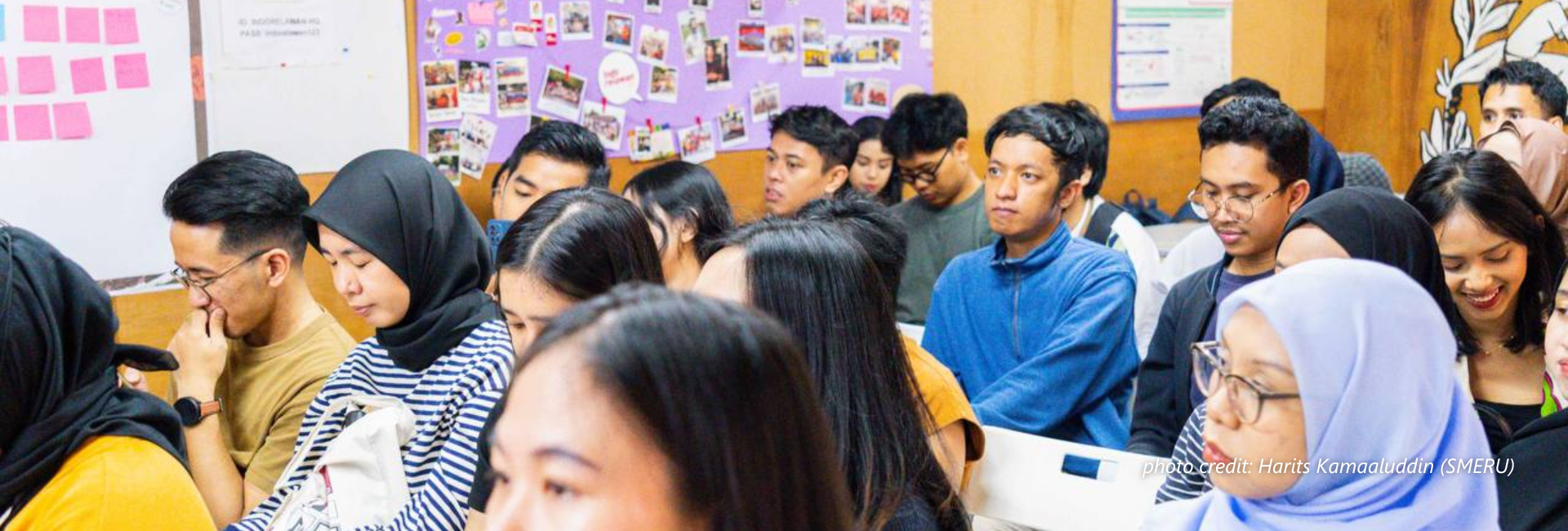In Asia and the Pacific, the food and agricultural sector faces a myriad of challenges from urbanization, low productivity, increased climate change impacts, and unsustainable environmental context. These challenges include socio-demographic trends such as rural outmigration, fast aging farming workforce, and changing work environment. Furthermore, most youths in Asia work in off-farm activities either as self-employed or as wage labor.
Young people today are more likely to be interested in fields of work that intersect with technology. One way to attract young people into the food and agriculture sector, while also reviving the agrifood and rural economy, is through technology-based entrepreneurship (becoming agripreneurs).
Securing formal employment for the young is rarely enough to absorb the number of youths seeking employment. Many youths turn to self-employment due to the shortage of formal jobs creating “entrepreneurship by necessity.” While many benefits are associated with youth entrepreneurship, there are also issues and challenges discouraging young people from embracing entrepreneurship.
Youth and small and medium enterprises (SMEs)-centered policies to promote entrepreneurship require holistic policies, regulations, and supportive institutions. A review of startup ecosystem development across Asia shows wide-ranging growth. Learning from these experiences and analyzing their strengths and weaknesses, opportunities, and gaps can have a strong beneficial effect on promoting future policies and successful private initiatives to support youth entrepreneurship and agribusiness development.
Developing and nurturing youth entrepreneurship through a youth-targeted policy utilizing digital innovations requires data and evidence on the startup or SME ecosystem environment, as well as data on the critical enabling conditions for leveraging digitalization, technology, financial information, and resources in youth entrepreneurship development.
The FAO’s Multidisciplinary Fund (MDF 3) contribute to a regional analysis on digitalization for youth entrepreneurship in agrifood and rural sectors. This project contributes to this objective by offering an evidence-supported policy analysis of the nexus between youth, digitalization, and entrepreneurship in the agrifood sector in Asia.
This mixed method study follows the FAO framework. The primary data is collected with questionnaire survey and in-depth interview from with 15 agtech startups and 17 enablers in the startup ecosystem.
They are selected purposively based on criteria agreed in consultation with FAO. Data is collected virtually through one-on-one interaction. In addition to primary data, secondary data is also collected from reports and journal articles by scholars, published articles by the governments, publicly data produced by Statistics Indonesia as well as information from mainstream newspaper.



